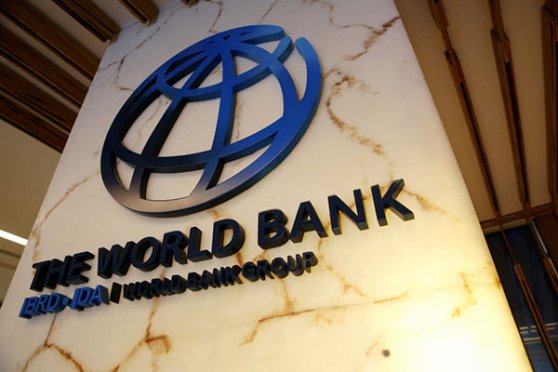COLOMBO – Sri Lanka’s economic growth is expected to recover to 3.3% in 2021, and 2.2% in 2022 after contracting 6.7% in 2020, the World Bank said in a January 2021 projection warning on external uncertainties.
“In Sri Lanka, the pandemic-induced shock further increased an already-high risk of debt distress with its sovereign spread over a thousand basis points above pre-pandemic levels,” the World Bank’s Global Economics Prospects report said.
Sri Lanka’s Central Bank has said in January 2021 the economy may contract 3.9% in 2020. An earlier projection for 2021 put growth at 5.0%.
South Asia as a whole is expected to grow 3.3% in 2021 and 3.8% in 2022 substantially weaker rates than during the decade leading up to the pandemic.
Weak growth prospects reflect a protracted recovery in incomes and employment, especially in the services sector; limited credit provisioning, constrained by financial sector vulnerabilities; and muted fiscal policy support, the report said. It projected output in 2022 to remain about 16% below pre-pandemic levels, with the biggest loss among the emerging markets and developing economies (EMDEs).
The baseline forecast, the report said, had been made on the assumption that vaccines will be distributed on a large scale in the region in the second half of 2021 and that there would be no wides-cale and significant resurgence in infections. It also warned that climate-related events could damage agricultural activity, which in turn could weaken real incomes by boosting food prices.
The reported said the projected drag from remittances on the region’s economies (Bangladesh, Nepal, and Sri Lanka) was less certain given their recent strength, but warned remittances may be adversely affected by the weak recovery in Gulf Cooperation Council (GCC) countries, the resurgence of outbreaks in the United States and Europe, and difficulties facing migrants trying to return to host countries.
Warning the pandemic was likely to leave lasting scars on the region, the report highlighted the recent estimates suggesting potential growth to be more than 1 percentage point lower, on average, during 2020-25 compared to a no-COVID counterfactual.
The Bank forecast global economy to expand 4% in 2021, assuming an initial COVID-19 vaccine rollout becomes widespread throughout the year, but warned the recovery would likely be subdued, unless policy makers move decisively to tame the pandemic and implement investment-enhancing reforms.
It said although the global economy is growing again after a 4.3% contraction in 2020, the pandemic had caused a heavy toll of deaths and illness, plunged millions into poverty, and may depress economic activity and incomes for a prolonged period.
The report identified the top near-term policy priorities as controlling the spread of COVID-19 and ensuring rapid and widespread vaccine deployment. To support economic recovery, authorities also need to facilitate a re-investment cycle aimed at sustainable growth that is less dependent on government debt, it added.
-ENCL


